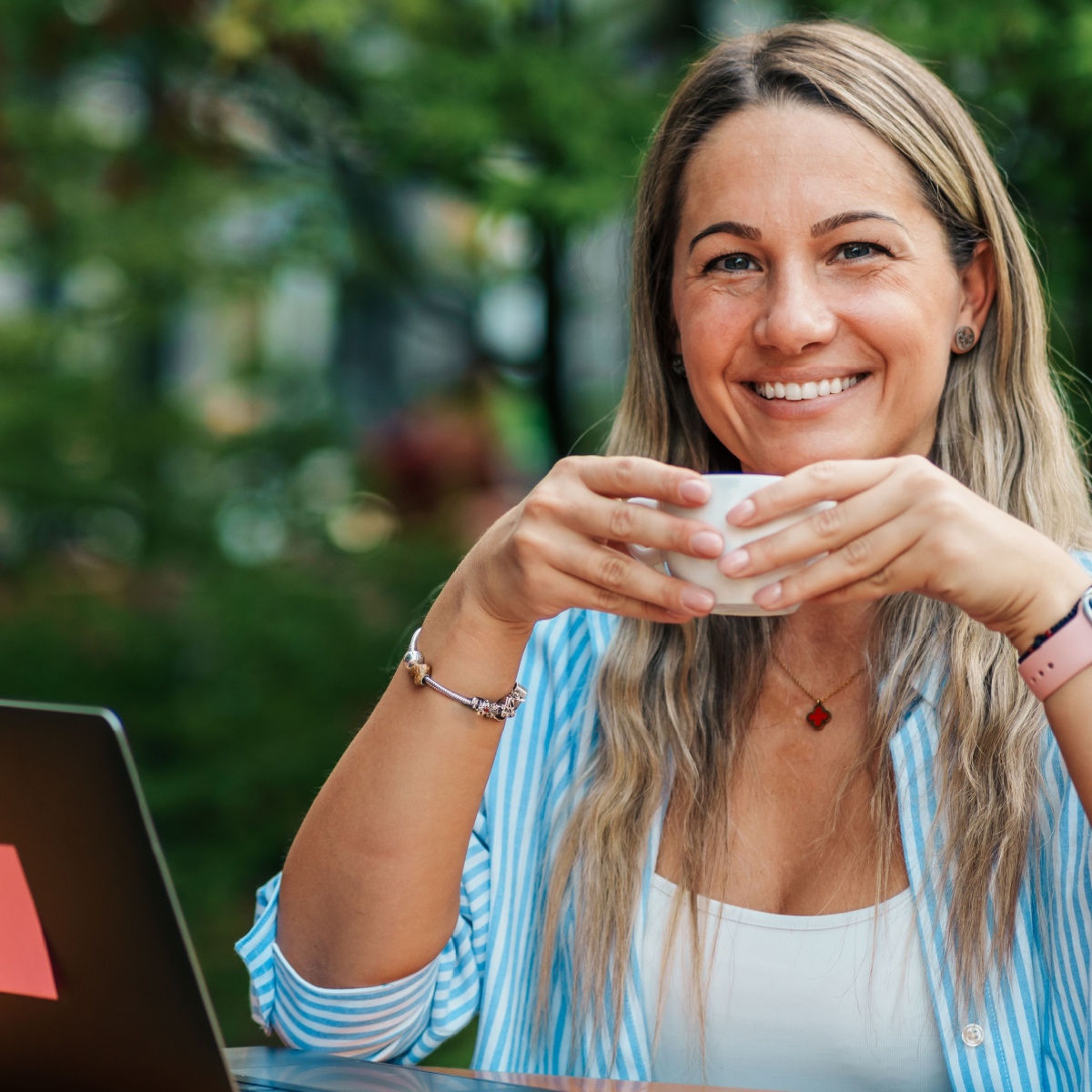
The Woodlands IVF and Age: What You Need to Know
In vitro fertilization (IVF) has revolutionized the field of reproductive medicine, offering hope to many individuals and couples struggling with infertility. However, one critical factor that significantly influences the success of the Woodlands IVF is age. HART Fertility can help you understand the relationship between age and IVF to help you make informed decisions about your fertility journey. Here’s what you need to know about the Woodlands IVF and age.
The Impact of Age on Fertility
Age is a major determinant of female fertility. Women are born with a finite number of eggs, which decreases both in quantity and quality as they age. This decline becomes more pronounced after the age of 35. By the time a woman reaches her 40s, her chances of natural conception drop significantly. Men also experience a decline in fertility with age, though it is typically less abrupt compared to women.
The Woodlands IVF Success Rates and Age
The success rates of the Woodlands IVF are closely tied to a woman’s age. Here’s a general overview of how age affects IVF outcomes:
Under 35: Women under 35 generally have the highest IVF success rates. According to the Centers for Disease Control and Prevention (CDC), the average live birth rate per IVF cycle for women under 35 is around 41-43%.
Ages 35-37: For women aged 35-37, the success rate drops slightly to about 33-36%.
Ages 38-40: Women aged 38-40 experience a further decline in success rates, with an average live birth rate of approximately 23-27%.
Ages 41-42: The success rate for women aged 41-42 is around 13-18%.
Over 42: For women over 42, the success rate drops to 3-7%.
These statistics highlight the significant impact of age on IVF success, emphasizing the importance of early intervention and consultation with a fertility specialist at our the Woodlands fertility clinic.
Why Age Matters in the Woodlands IVF
Several factors explain why age impacts IVF success at our North Houston fertility clinic:
Egg Quality and Quantity: As women age, their ovarian reserve (the number of eggs available) diminishes. Additionally, the quality of the eggs declines, leading to higher rates of chromosomal abnormalities, which can affect embryo development and implantation.
Uterine Environment: While the uterus can remain relatively receptive to embryos even as a woman ages, other age-related factors, such as uterine fibroids or endometrial changes, can impact implantation and pregnancy outcomes.
Increased Risk of Miscarriage: Older women face a higher risk of miscarriage, largely due to the increased likelihood of chromosomal abnormalities in their eggs.
Options for the Woodlands IVF for Older Women
Despite the challenges posed by age, there are options available for older women seeking to conceive through IVF:
Egg Donation: Using eggs from a younger donor can significantly increase the chances of success for older women. Donor eggs are typically from women in their 20s, providing a better chance for a healthy pregnancy.
Embryo Screening: Preimplantation genetic testing (PGT) can be used to screen embryos for chromosomal abnormalities before transfer, improving the chances of a successful pregnancy.
Fertility Preservation: For women who are not ready to conceive but are concerned about age-related fertility decline, egg freezing (oocyte cryopreservation) is an option. This allows women to preserve their eggs at a younger age for future use.
Consult Our the Woodlands IVF Specialist at HART Fertility Clinic
If you are considering the Woodlands IVF, it is crucial to consult with our fertility specialist who can assess your individual situation and provide tailored advice. At HART Fertility, we can help you understand your fertility potential, discuss the impact of age on your specific case, and explore the best treatment options available. We’re here to help you make informed decisions on your journey to parenthood so your family can blossom. Contact us today for advanced IVF technology and personalized attention.




